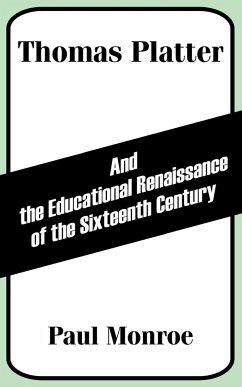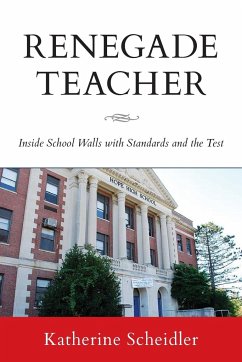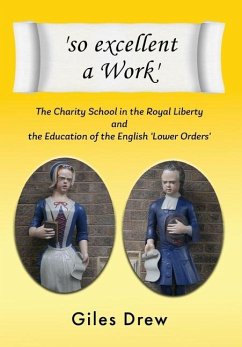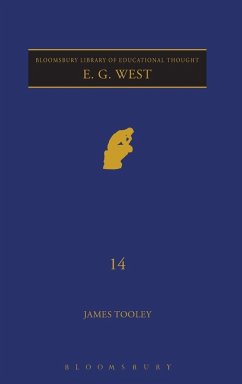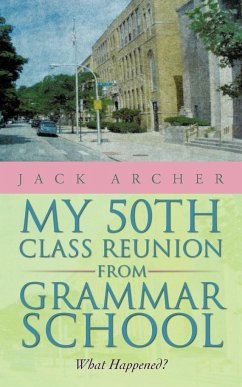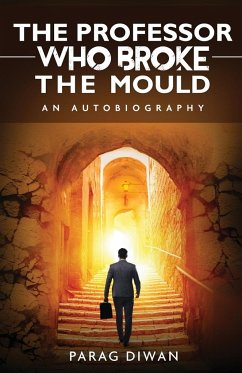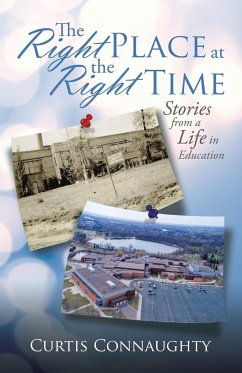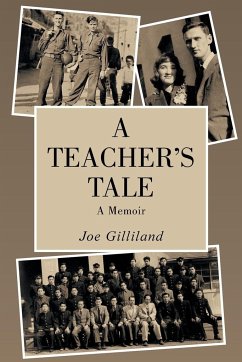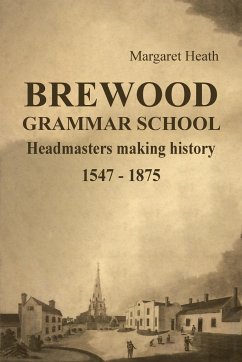
BREWOOD GRAMMAR SCHOOL
Headmasters making history 1547 - 1875
Versandkostenfrei!
Versandfertig in 1-2 Wochen
62,99 €
inkl. MwSt.

PAYBACK Punkte
31 °P sammeln!
Brewood Grammar School Headmasters making history 1547 - 1875 Set in the beautiful and historic village of Brewood in South Staffordshire this book embraces the history of a rural grammar school which was renowned for its excellent standard of education throughout the country. Originally a chantry school, in its heyday Brewood Free Grammar School was a rival to the public schools. Until the Endowed Schools Act 1869, each new headmaster was required to have been ordained into the Church of England and hold a university degree from Oxford or Cambridge. He was to provide a classical education, to...
Brewood Grammar School Headmasters making history 1547 - 1875 Set in the beautiful and historic village of Brewood in South Staffordshire this book embraces the history of a rural grammar school which was renowned for its excellent standard of education throughout the country. Originally a chantry school, in its heyday Brewood Free Grammar School was a rival to the public schools. Until the Endowed Schools Act 1869, each new headmaster was required to have been ordained into the Church of England and hold a university degree from Oxford or Cambridge. He was to provide a classical education, to university standard, suitable for the sons of nobility and gentry, and also provide an education suitable for the local boys to enter commerce or university. The local boys were, under the charitable status of the school, able to receive their education for 'free', or at least at little cost. This is the first book to provide detailed biographies of the headmasters of Brewood Free Grammar School from the time it was re-founded in 1547 until 1875 when the Endowed Schools Act was fully implemented at the school and substantial changes in the education system took place. Each biography follows the life of the headmaster, and is not limited to the time that he taught in Brewood. The author describes the successes and challenges faced by the headmasters during periods of great social and economic change. They had been carefully selected by the Trustees of the school for their ability and played a key role in village life and the church. The headmasters sometimes had the opposition of the residents of Brewood who wanted to influence the teaching provided for the local boys at the school. The book also covers, in detail, the headmasters' interests outside of school life, which were surprising, varied and, at times, had an impact at both a local and national level. It also reflects the changing attitudes of the centuries. The pupils are not neglected in this book. Indeed, the cutting of the Shropshire Union Canal through the school's playing fields, and the coming of the railways, may well have inspired the career of one of the country's greatest civil engineers of the time, Thomas Andrew Walker, a pupil at the school and a resident of Brewood. The book also covers the role of the Trustees of the school, such as Richard Hurd, Bishop of Worcester, and Sir Edward Littleton of Teddesley Hall, Penkridge, both also former pupils at the school. All information has been meticulously researched by the author for more than a decade, using original material from the archives, in particular the Staffordshire Archives and the William Salt Library where the author worked for many years.





